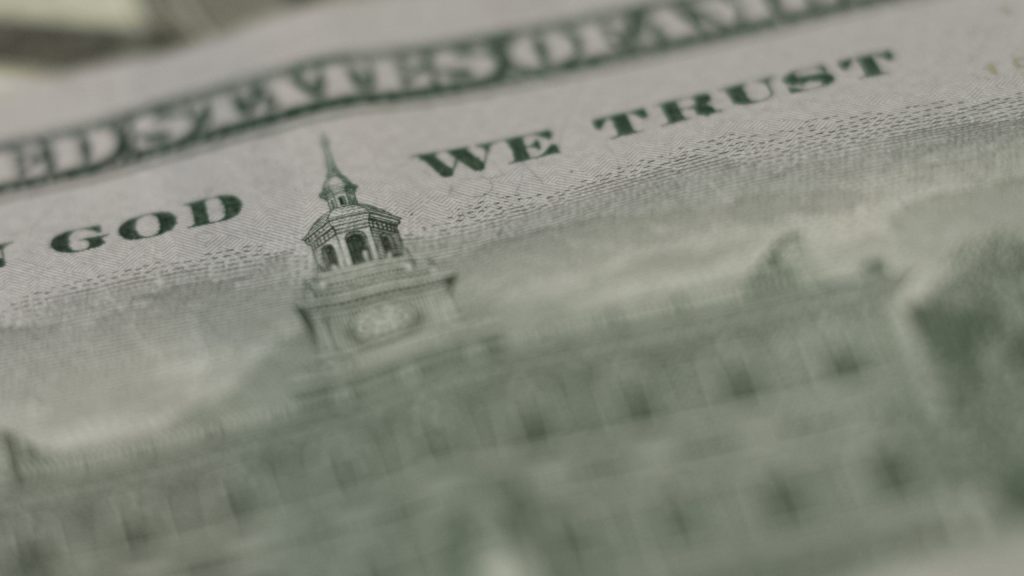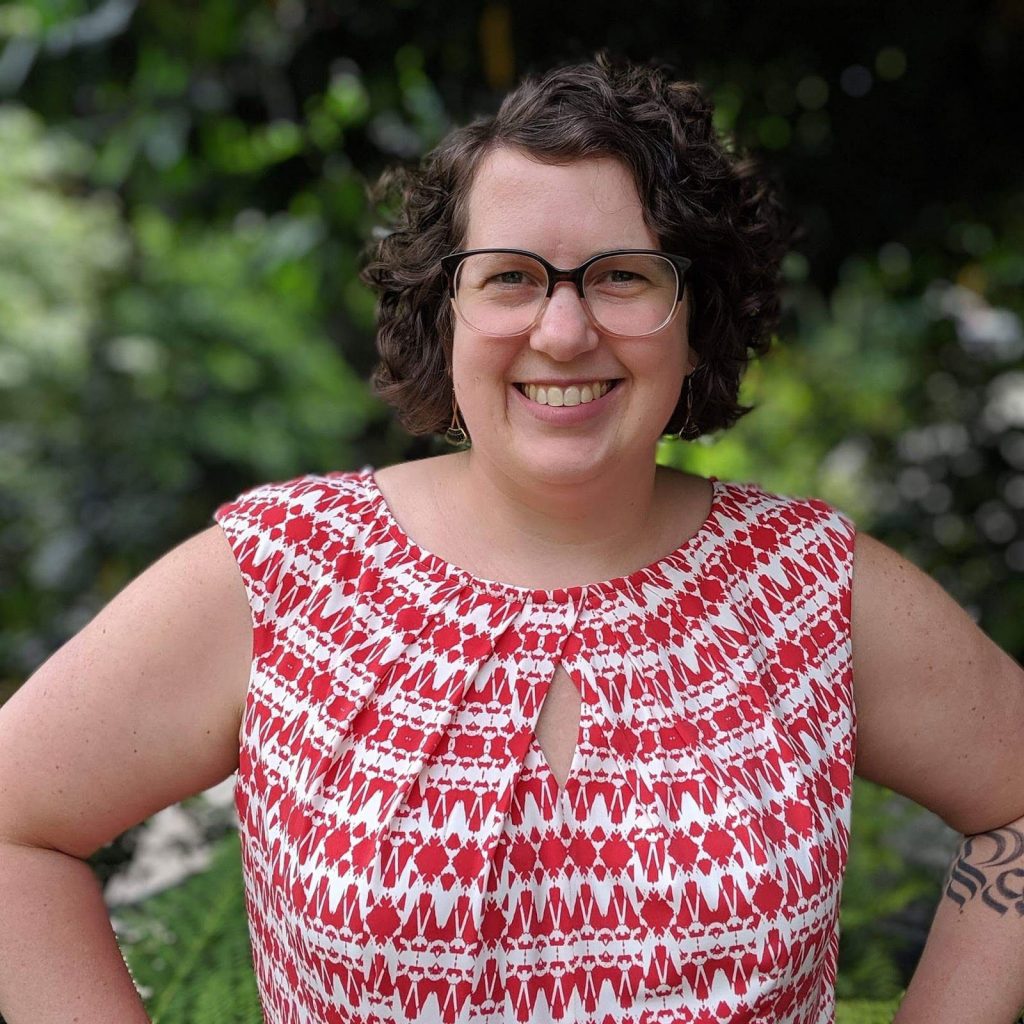
During the first half of the ICJS Justice Leaders Fellowship, I have gained new insight into perspectives of economic justice from Jewish, Christian, and Islamic traditions. As a white American raised in a mainline Christian Protestant tradition, in a middle- and upper-middle-class congregation, I grew up hearing messages that sought to offer charity, but not necessarily justice. We were not challenging the capitalist system in which we lived, and which created the need for charity.
I grew up with the understanding that I have a responsibility to house the homeless and feed the hungry, but I don’t recall any conversations about why people don’t have a place to live or food to eat. When I was in high school and first encountered theological teaching that seriously challenged the status quo, this teaching was considered very radical, even though it called for redistribution of wealth still within the bounds of capitalism.
Outside of the church, at my secular university, I learned about various streams of social justice that challenged systems, and ultimately, I have found theological voices that embrace economies of justice in making sure that everyone has enough.
Participating in ICJS’s Justice Leaders Fellowship, I’m grateful for the opportunity to learn more about economic justice from Jewish and Islamic perspectives. Hearing the story of Sodom and Gomorrah through an economic justice perspective was particularly eye-opening. I’ve studied this story before, through a Christian theological lens. Often it is a story used to condemn homosexual activity.
However, ICJS Jewish scholar Ben Sax taught that there is an economic policy interpretation of this text, citing Ezekiel 16:49-50 that names arrogance and resource hoarding as the sin of Sodom.
It was startling to see that the biblical text so clearly names what the sin of Sodom is when, for most of my life, those two verses from Ezekiel were conveniently forgotten from my community’s collective memory in favor of demonizing gay men in particular, and queer people more broadly.
Of the three Abrahamic religions, Islam is the one I’m least familiar with. It has been wonderful to learn from my colleagues in our discussion times and to hear teaching from ICJS Muslim scholar Zeyneb Sayilgan. Although I was aware that charity is one of the Five Pillars of Islam, I didn’t know before that excessive wealth and economic disparity are prohibited in the Qur’an.
Sayilgan taught us that balance and harmony in all the created order are central to Islamic teaching. This echoes what we discussed in our Jewish study session; if work is a spiritual practice, then all people should have access to meaningful work as part of their freedom to worship.
I am very privileged that I have always had enough–in fact, much, much more than enough. I come from an upper-middle-class family and although I often feel that I am just getting by on my personal income, I have a strong safety net in my parents, should the need arise. And although I am frustrated with the Christian congregation in which I grew up for not seriously challenging why we have such economic disparity in our country, I am grateful that they at least exposed me to the existence of disparity.
Most of my life, I have been aware that things are not right in the way that wealth is distributed. As an adult, I have become aware of why not only wealth, but opportunity, is not distributed justly. As a newcomer to Baltimore, I’m so grateful to be in conversation with my ICJS colleagues about their experiences serving this city, the theological meaning-making they bring to their ministries, and to be able to learn from their experiences.
I’m currently serving as a group facilitator in House of Ruth Maryland’s abuse intervention program, working with men and women who have used violence against their intimate partners. Our participants are overwhelmingly low-income, un- or underemployed, Black men. Unemployment is a significant contributing factor to violent crime, and economic injustice impacts a disproportionate number of BIPOC people. Addressing economic injustice makes a huge difference in the lives of the people I serve, their partners, and their children both in terms of access to wealth and opportunity as well as physical, emotional, and social safety.
I hope that by engaging in conversations with my ICJS colleagues I can better understand life in Baltimore, the solutions that community organizations are already bringing to the forefront and incorporate that knowledge into my work at House of Ruth Maryland and better serve my community.
 Annie Mesaros is a Hospital Chaplain and Political Theologian, and a member of the 2021 ICJS Justice Leaders Fellowship.
Annie Mesaros is a Hospital Chaplain and Political Theologian, and a member of the 2021 ICJS Justice Leaders Fellowship.
Baltimore is part of a national conversation around questions of justice, race, and community. Members of the ICJS Justice Leaders Fellowship consider how Jewish, Christian, and Muslim teachings and practice can contribute to the public conversation about (in)justice. Opinions expressed in this blog are solely the author’s. ICJS welcomes a diversity of opinions and perspectives. We do not seek a single definition of justice between or within traditions.